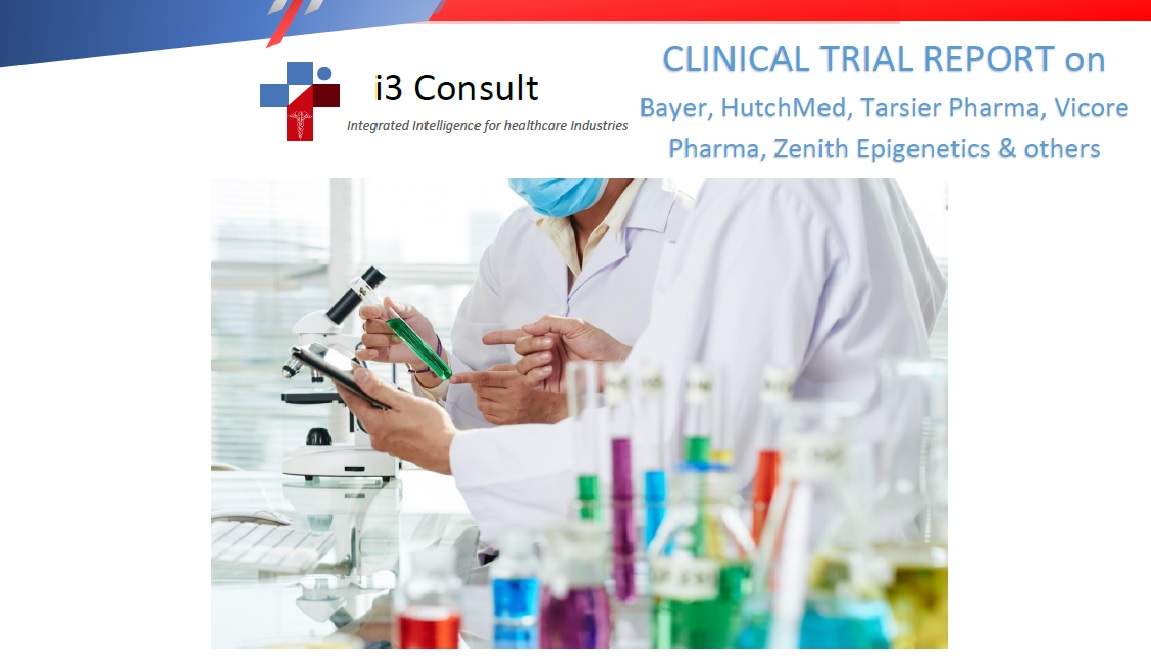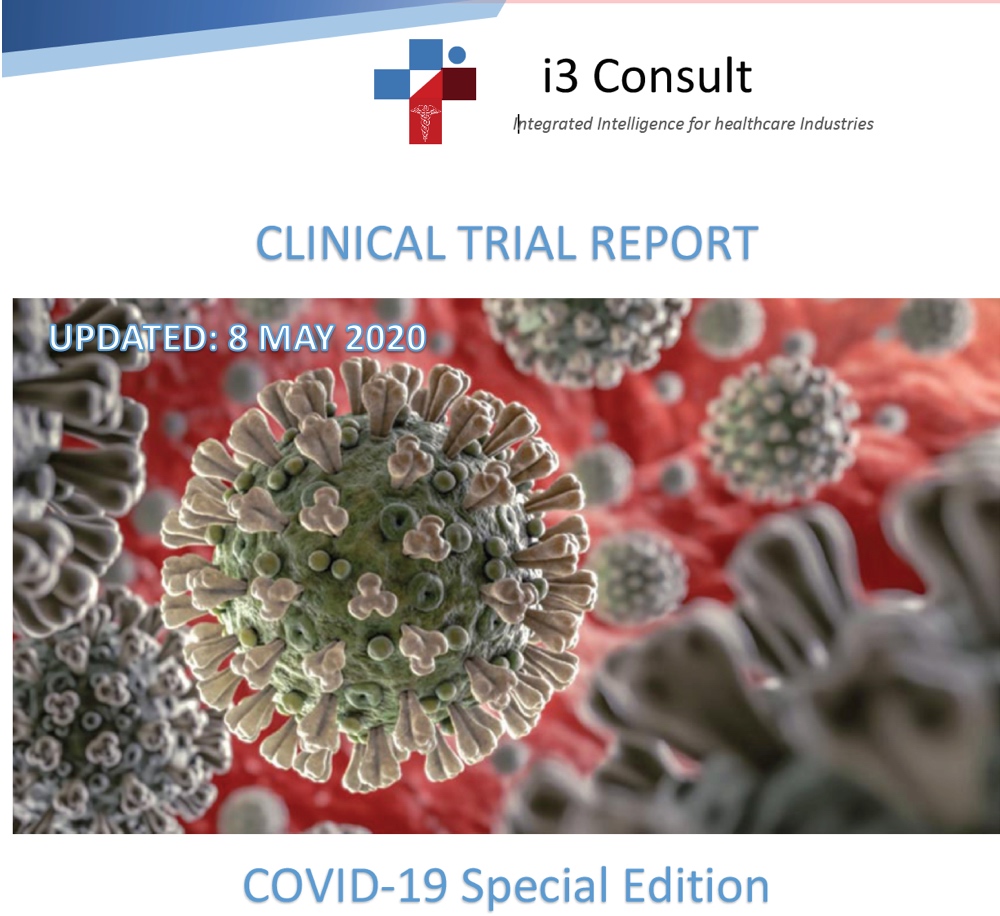
i3 Consult is now releasing a new series of Clinical Trial Reports with market intelligence content called Growth Market Share Matrixing. Under this new added value format, investors, pharma product managers, healthcare providers, pharmacists and regulatory stakeholders will gain insight into the projected market share of drug candidates as they undergo clinical trial development. As part of our Growth Market Share Matrixing scheme of reporting, we use the Boston Consulting Group (BCG) matrix to position the drug candidate for future market growth on the assumption that it will gain regulatory approval by advancing through all three clinical trial phases. There are two factors by which the drug candidate can be categorized – future growth rate and potential relative market share. Relative market share would be on the basis of total prescription drug sales which assumes likely cash generation, because the higher the share the more cash will be generated. The future growth rate is estimated by proportion of company’s sales relative to the worldwide market sales in prescription medicines for that particular therapeutic indication. Rapid sales growth rates in a growing healthcare market, no doubt is what all pharmaceutical and life science companies are striving for; but the penalty is that they are usually net cash users – they require investment to nurture their drug portfolios. The reason for this is often because the growth is being ‘bought’ by the high investment in research and development, in the reasonable expectation that a high market share will eventually turn into a sound investment in future profits.
For the latest release of our new series of i3 Clinical Trial Reports, visit the i3 Shop and purchase pharma business intelligence of affordable value!

The cataclysm caused by the COVID-19 pandemic has impacted on clinical trials in terms of alternatives for study participants, enhanced operational and financial support for progressively more complex trial protocol designs and greater collaboration among sponsors.
Therefore, presented here is a sample of the summarised report of new candidate antiviral and vaccine therapies undergoing clinical trials worldwide as from the week 4 to 8 May 2020 in the pursuit of gaining regulatory approval for treatment and/or prophylaxis against SARS-CoV-2 coronavirus infection.
To purchase the full report visit our i3 Shop.
Legal Disclaimer: All content given in this report is for informational purposes only and does not constitute clinical or financial advice. The publisher does not make any guarantee as to any results that may be obtained from using our content. To the maximum extent permitted by law, the publisher disclaims any and all liability in the event any information, commentary, analysis, opinions, advice and/or recommendations prove to be inaccurate, incomplete or unreliable, or result in any health-related mis-treatment, adverse event or financial investment or other losses. Your use of the information contained in this report is at your own risk.